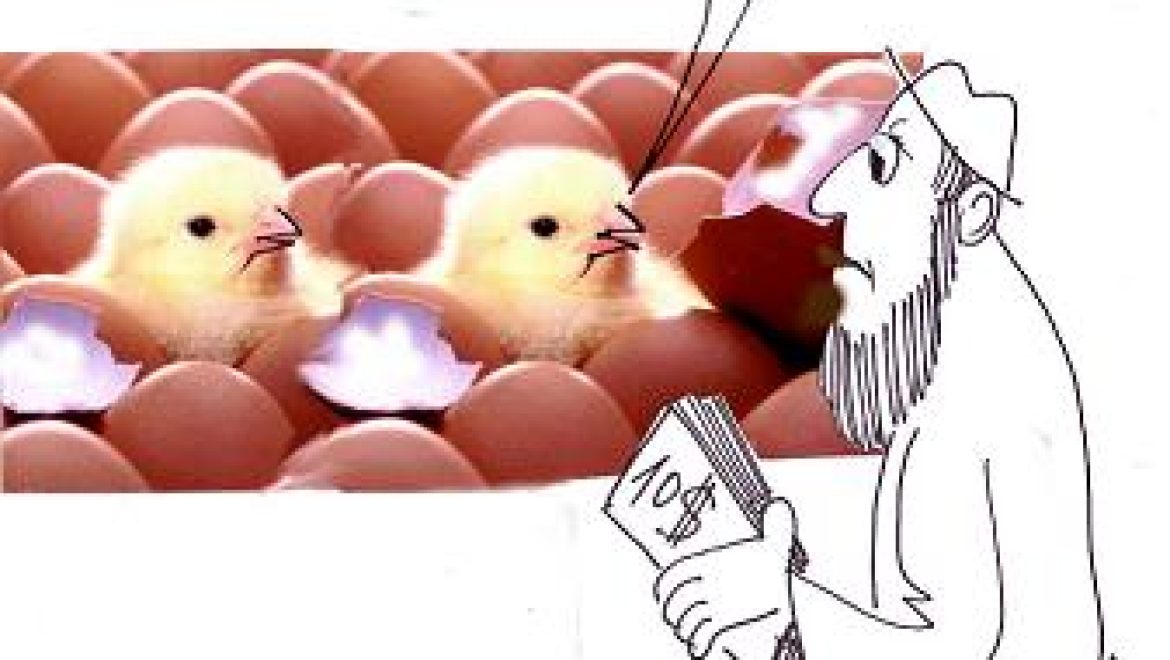
The early sages ruled that if one purchases broods of pigeons which will, in the next year, be born within a specific dove-cot, the first brood to hatch belongs to the seller and not to the purchaser. The first pair of birds born are to remain with the seller so the dove-cot is not entirely emptied of pigeons. If there are no fledglings in the dove-cot even the parents will fly away and not return. The scholars asked: The early sages, in a different place, ruled that the first and second broods remain with the seller, in contrast with what is stated above, that only the first pair remain. Answer: The second pair referred to, which stay with the seller, are the hatchlings of eggs laid by the first pair of birds. The second brood of birds born of the adult pair belong to the purchaser. The scholars asked: The reason we leave the first pair of hatchlings in the dove-cot is to keep the parents in the dove-cot because of the need to raise the young and stay with their mate. If so, the first pair of fledglings will stay in the dove-cot because of the need to stay with their mate and their parents, so why did the early sages require the next brood be left to the seller? Answer: The parents feel a need to live with their offspring, but the offspring do not feel the need to live with their parents.
(Babylonian Talmud, Tractate Bava Batra 80a)
